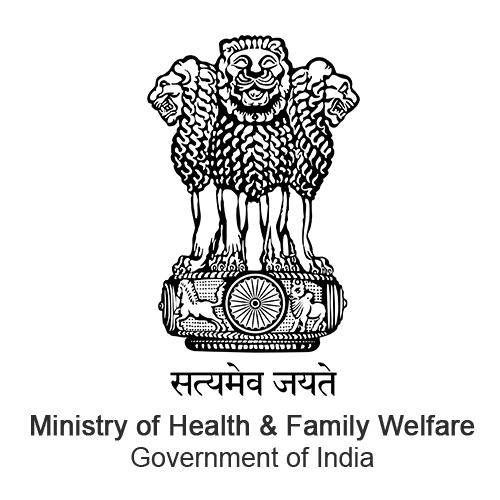








The Human Immunodeficiency Virus and Acquired Immune Deficiency Syndrome (Prevention and Control) Act 2017 (HIV/AIDS Act 2017) was implemented by the Government of India for the entire country on 10 September 2018. Through this Act, such an environment should be created for people living with HIV/AIDS so that they do not face any inconvenience in workplaces, educational institutions, health facilities and all these people should not be deprived of their rights. This Act also provides that if people who discriminate against people living with HIV/AIDS, then those who discriminate may also have to face punitive action. Through this Act, the basic rights, legal rights etc. of people living with HIV/AIDS have been protected.
No person/organisation can refuse to provide services or facilities to a person living with HIV/AIDS on the following grounds.
Informed consent means that the person has full knowledge of HIV/AIDS and they have been told that their HIV testing is being done with their consent for their benefit and they have to undergo pre-test counseling and post-test counseling. This test can be done only after full information and consent and the person can also refuse the test.
Informed consent is not required in some cases.
"A" If a person's HIV testing is ordered by the court, then informed consent is not required in such a situation.
"B" Informed consent is not required in the case of processing, distribution, procurement of a person's body or any part of the body such as tissue, blood, semen, or other fluid for research or treatment. If the test result is requested by the person who would be a donor, then the donor is referred to the counseling and testing center for their pretest counseling and post-test counseling and test before donation. Without pretest counseling and post-test counseling, they will not be eligible to receive the report.
"c" Informed consent is not required when HIV testing is being done anonymously and not for the HIV status of an individual for epidemiological and surveillance purposes.
"d" Informed consent is not required if the HIV test is being conducted for screening purposes in any licensed blood bank.
Apart from the above, HIV testing of any individual should not be done without the informed consent of that individual.
No one must disclose one’s HIV status to anyone, nor can anyone compel disclosure of HIV status.
Disclosure of HIV status may be made in the following situations:-
Disclosure of HIV status to a spouse, relative or service provider of a person living with HIV may be done by a counsellor or doctor in the following circumstances:-
Every person living with HIV shall have the right to share residence in a household and to use, enjoy and enjoy the facilities of the household without discrimination.
A person living with HIV must be responsible for preventing HIV infection by:-
A person living with HIV should be counseled and informed to follow all HIV prevention guidelines and not inadvertently transmit HIV infection to others.
Everyone who maintains records etc. must safeguard all HIV status disclosure related information as per the guidelines.
The Central and State Governments are making every effort from time to time to expand ICTC, ART centres and other health facilities to provide antiretroviral therapy and manage opportunistic infections.
Central and State Governments should take necessary steps to ensure that HIV/AIDS affected children get equal property rights. For this, the mother/father/guardian of such children can present their case before the Child Welfare Committee under Section 29 of the Juvenile Justice (Protection and Care) Act, 2015.
Every establishment, other than health care services, where occupational exposure to HIV is a significant risk:-